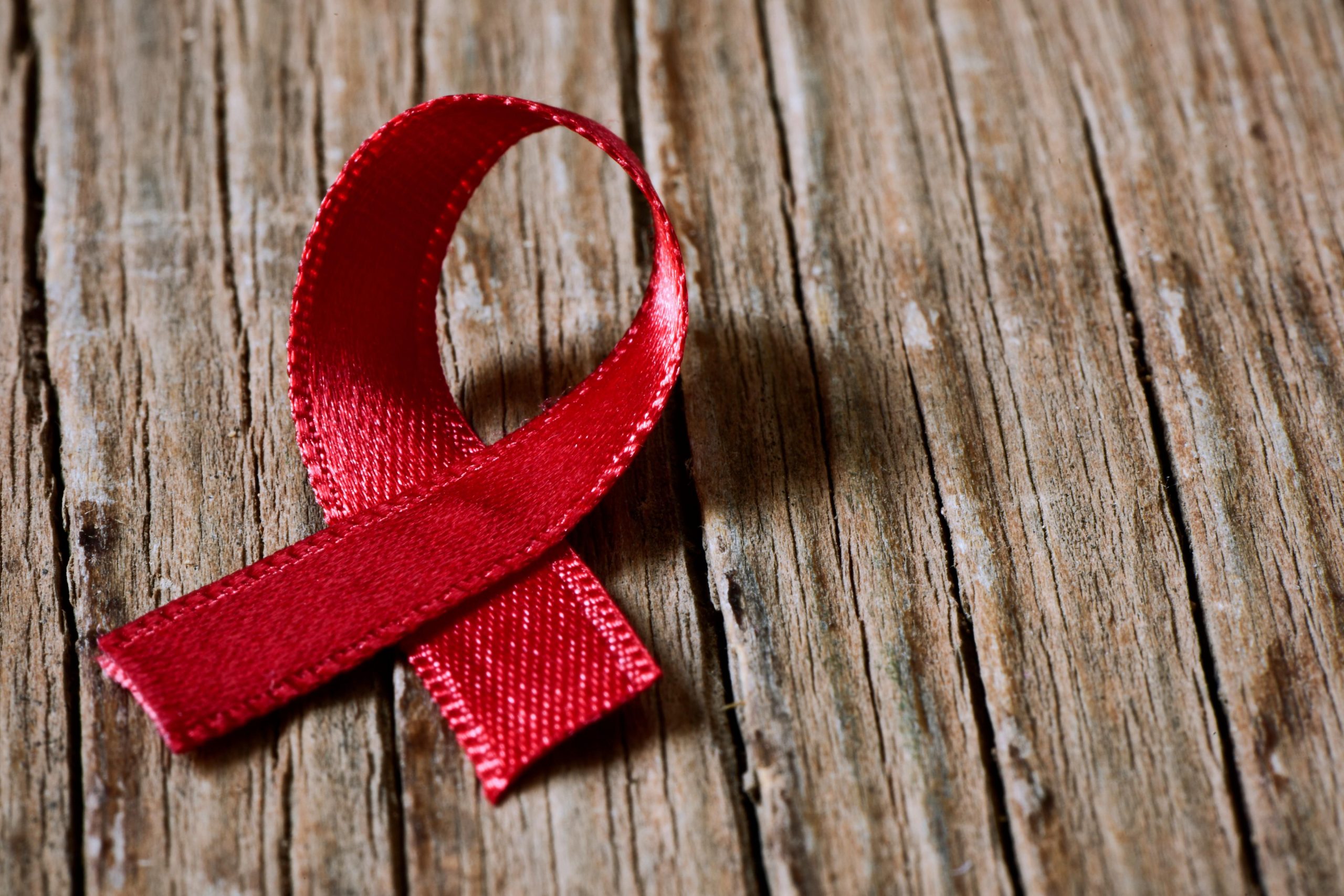
As scientists around the world investigate why long COVID strikes some and not others, a new study finds that suffering psychological distress prior to COVID-19 infection may increase the chances of getting the lingering condition. Researchers from the Harvard T.H. Chan School of Public Health in Boston said they were surprised at the strength of… read on > read on >


















